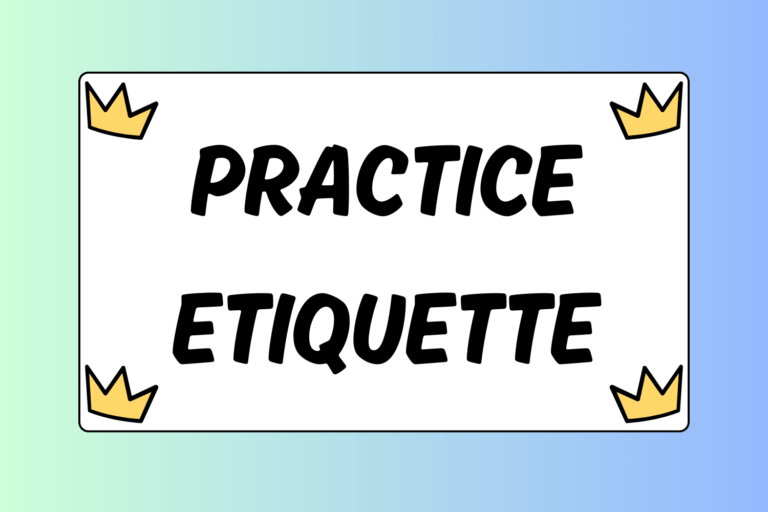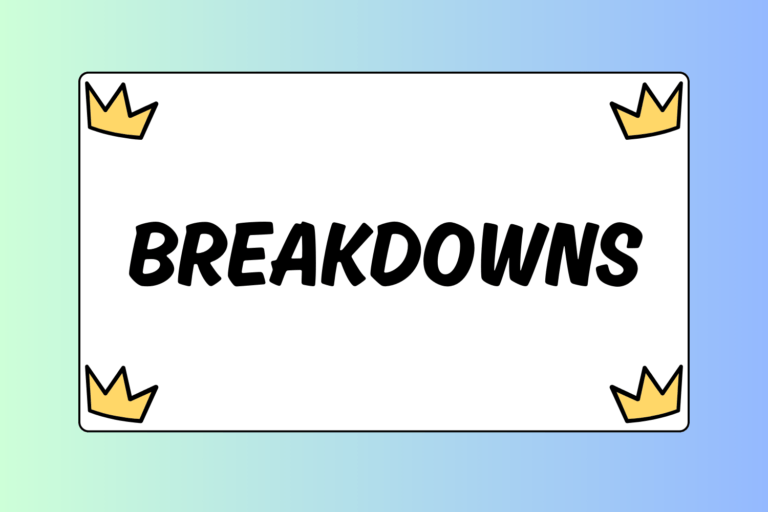Contrary to popular belief, the best wrestlers in the world don’t cut massive amounts of weight. In fact, many high level wrestlers find it humorous that wrestlers, especially younger ones, will go to almost any length to get to a lower weight class. In order to train and compete at a high level, wrestlers can’t cut corners. Eating a healthy, balanced diet is the only way to success. Along with this, there are a few simple things you can do every day to help you maintain a healthy body weight.
The information in this guide will not only help you maintain a healthy weight, but they may also promote weight loss with the right kind of diet and training regimen. Take these tips seriously and consider them in your day-to-day routine.
Eat!
A huge mistake new wrestlers make when trying to maintain or lose weight is starving themselves. This can have adverse effects: Your body will go into “starvation mode,” making it more difficult to regulate your body weight.
Eat regularly throughout the day, roughly every two to three hours. Focus on natural, unprocessed foods. Also, try to eat no later than an hour after you wake up in the morning. This will keep your metabolism going with enough fuel in your tank to complete your training successfully.
Variety is Key
Eat as many different types of foods as you possibly can. Along with this, make sure your diet is rich in fruits and vegetables. Eat them with every meal, if you can. However, be sure to save room for some of the foods that aren’t as good for you. It’s okay to occasionally break the rules!
Don’t Use Supplements
If you’re getting the right amount of carbohydrates, fats, proteins, and other nutrients, there’s no need to take anything other than a multivitamin. Products designed to help you lose or gain weight fast are gimmicks: They’re trying to sell you something you don’t need. Instead of using supplements, set your focus into creating a balanced diet that will benefit you. You’ll both feel and perform better with a full, healthy diet.
Watch the Salt
Although salt (otherwise known as sodium) is a necessary mineral, if you have too much of it, you will retain more water in your body. This makes it harder to shed excess water weight when you need to. Make sure you’re getting enough, but not too much.
Weigh-in Regularly
In order to know your body, as well as track the progress of your weight gain or loss, you must weigh yourself on a regular basis. If you can, weigh yourself in the morning after you go to the bathroom, but before you eat. This way you can get an accurate reading of your weight for the day. If possible, weigh-in without clothes for the most accurate reading. Weigh yourself again before practice or workouts, and afterward once you have stopped sweating. This way you can get an idea of how much weight you have lost during your workout, and can plan your meals more accordingly.
Off-season Maintenance
Newer wrestlers have a tendency to “balloon up” in the off-season when not training. If you’re striving for your best, train year round! Also, if you expect to get down to a desired weight for the next season, you need to train accordingly. Try not to get more than 10-15 pounds above the weight you desire to wrestle for the next season.
Get on a Strength Training Program
One of the greatest factors to maintaining a healthy competition weight is your training program. Work with a coach or athletic trainer to develop a long-term strength training program to help increase your muscle mass and decrease your body fat.
Depending on the time of year in relation to the season, your program should consist of different types of lifts, with the number of sets and reps varying as well. No matter the type of program, this will help to ensure that you’re fine-tuning and maintaining a healthy weight.
Don’t Stuff Yourself
If you expect to maintain or lose weight, you can’t overeat. Plain and simple. You should never eat the point where you can’t eat anymore. Once you get to the point of being 75-80% full, stop eating. If you’re still hungry in 20 minutes, eat a little more. This is around the time it takes your brain to register hunger. On the other hand, you should be eating enough to where you aren’t severely hungry in between meals. How much you eat will vary by the individual, so experiment.
Don’t Drink Your Calories
The easiest way to pack on unnecessary pounds is by consuming calories in liquid form. Liquids can be consumed in higher volumes than food, and it is very easy to overdo it. Stick to water or 100% fruit juice, and stay away from soda and other artificial drinks!
The Benefits of Sleep
Although your sleep pattern may not be directly related to your diet, the right amount of sleep will help your body grow and repair itself much quicker. Try to sleep at least eight hours a day — the more the better. This is especially true for growing children and teens.
Let Your Body Grow
The biggest mistake you can make in terms weight maintenance is struggling to stay down in unreasonable weight classes. If you’re a youth or high school wrestler, your body may change drastically over the course over a year (or even a few months!). The worst thing you can do is restrict your daily food intake for the sake of staying at a low weight class.
Instead of struggling to stay low in weight, work to grow into a heavier weight class. You should be focusing your time on technique and sharpening your physical tools rather than working to stay at a weight that is too low for your body. You will feel better while competing at a more natural weight, and will be much healthier in the long run.
A Serious Competitor
If you want to be a true competitor, it’s absolutely necessary that you take your diet seriously. Strict regimens take discipline, but when implemented correctly, they will help you feel and compete better. Use the tips in this guide to help you better maintain your weight, as well as to gain a competitive edge against those with less than satisfactory nutritional plans.
Work with your coach for help fitting these tips into your daily routine, and also with creating a complete nutrition plan. If you need some more information about nutrition and dieting for wrestling, check out the guide Nutrition for Wrestlers. Don’t wait to make a change to your routine: The road to being a champion starts today! Good luck!





